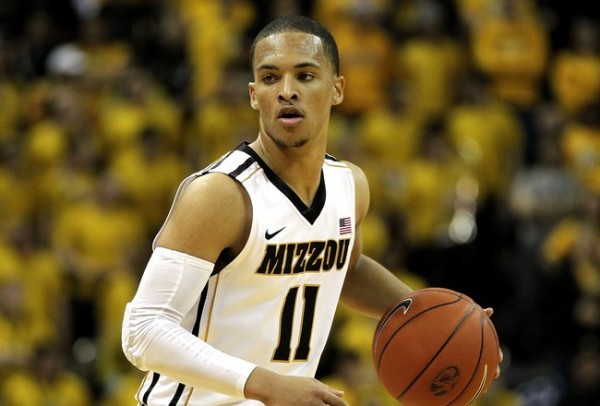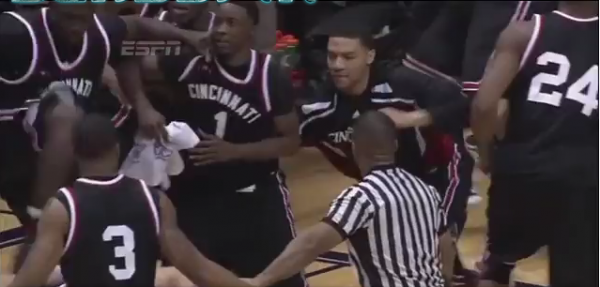Understanding the Key Difference Between Dez Wells’ and Michael Dixon’s Transfer Cases
Posted by Chris Johnson on September 5th, 2013Chris Johnson is an RTC Columnist. He can be reached @ChrisDJohnsonn.
When Dez Wells was cleared to play for Maryland last season after transferring from Xavier without sitting out the customary holdover year, a precedent was set. A player accused of sexual assault and expelled from his former university not only bypassed legal prosecution entirely – he managed to cut through the NCAA’s thorny web of restrictions to earn a waiver and essentially forward his college hoops career without missing a beat, unencumbered by the questionable circumstances surrounding his departure. Wells was painted as the victim of a false accusation; when the NCAA heard his request, it was sympathetic to the impassioned backing of a local prosecutor who publicly blasted Xavier school brass for unfairly bringing down the iron fist on Wells. There was also the suspicion, true or not, that Xavier was using Wells to demonstrate its hardline stance against sexual impropriety on campus, an issue the university had received no small measure of scrutiny for in the months leading up to the Wells incident. The whole saga – which, thanks to Wells recently filing a lawsuit seeking damages for Xavier’s allegedly specious expulsion of him, continues to percolate in the backdrop to the sophomore guard’s burgeoning stardom at Maryland – seemed nebulous and sinister and sketchy. It was a unique case, and it lay the groundwork for yesterday’s news from CBS Sports columnist and Memphis hoops informant Garry Parrish that former Missouri guard Michael Dixon – suspended and dismissed from the Tigers last November after a second allegation of sexual assault – had been granted a waiver to play right away this season.
All summer, as people speculated about Dixon’s chances of being cleared to play, they pointed optimistically to Wells’ case – as if the same logic absolving Wells of potential NCAA punishment would lead to Dixon being granted the final season of college hoops he no doubt wanted to play. That’s how case law, the legal philosophy underpinning the American judicial system, works. A precedent is set and similar cases are adjudicated in a manner compatible with previous decisions. It’s the general idea here, too, but there’s one crucial distinction between Dixon’s and Wells’ cases that everyone seems to be glossing over. Wells, like Dixon, eluded a criminal charge, but he was also defended loudly and bombasitcally by a local prosecutor. Reasoned legal officials were behind him the whole way, blasting Xavier for what looked like school administrators using a high profile student-athlete to prove, once and for all (even if it meant overstretching their punitive reach), that sexual malfeasance would not be tolerated on Xavier’s campus. Wells was defended vehemently and unconvincingly – it was impossible not to get the impression, given the reaction from court officials, that Xavier had overstepped its bounds. Then there’s Dixon, who – let’s be clear – likewise avoided criminal punishment. Here’s the key point of delineation: After Dixon was kicked off the team in November, Missouri officials did not speak fondly of (and certainly never came to his defense) Dixon’s conduct when interested schools came calling about the possibility of adding Dixon for his senior season. One unnamed Division I head coach, in fact, told ESPN’s Jason King in June that Tigers’ athletic director Mike Alden “shredded him [Dixon] to my AD.” Meanwhile, law enforcement was notably silent on the matter – neither condoning nor speaking out against Missouri’s decision to dismiss Dixon.













































